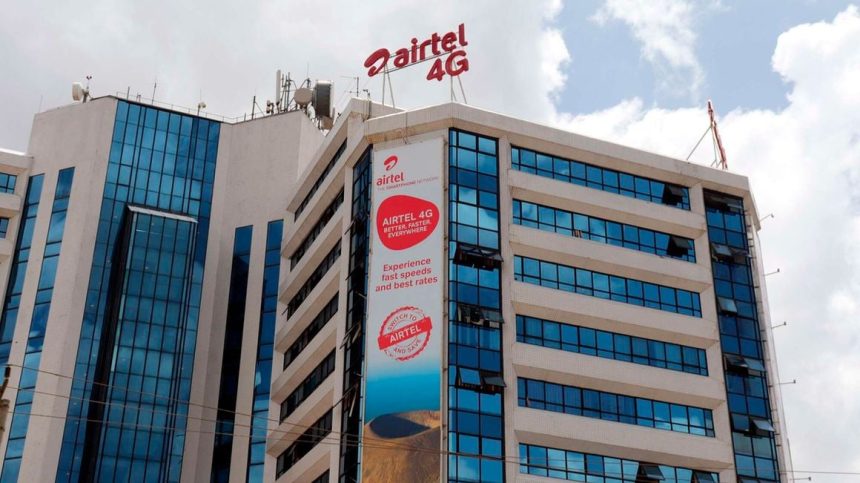Telecommunications operator Airtel Kenya and global tech giants such as Amazon, Microsoft and Google will not cede at least 30 percent of their shareholding to locals after the government agreed to have the rule deleted from the national ICT policy guidelines.
In a notice on Tuesday, the ICT ministry invited the submission of public comments on the proposal.
“Kenya has a vision to be a globally competitive knowledge-based economy by the year 2030. One of the government strategies to achieve the vision includes the development and promotion of the ICT sector to spur investments and create employment for Kenyans,” the ICT ministry stated.
“For Kenya to be an attractive investment digital hub, it is proposed that the equity participation subsection (under section 6.2.4 on market rules) be deleted from the national ICT policy guidelines, 2020.”
Previously, Kenya had introduced local ownership provisions through the regulations with the view of encouraging ‘healthy competition’ within the ICT sector.
Foreign ICT licensees were subsequently given three years to comply with the provision to meet the local equity ownership requirement until March 2024.
“It is the policy that only companies with at least 30 percent substantive Kenyan ownership, either corporate or individual, will be licensed to provide ICT services. For the purposes of this rule, companies without majority Kenyan ownership will not be considered Kenyan, and may thus not be calculated as part of the 30 percent Kenyan ownership calculus,” say the 2020 ICT policy guidelines.

US tech giant Amazon appeared to force Kenya’s hand to change tack as it highlighted the review of the rule as a prerequisite to setting up shop in the country.
President William Ruto in March this year alluded to a pending review of the regulations on local ownership in foreign ICT-based companies, noting that the requirement had created a disincentive for global tech giants which also include Microsoft and Google to invest in Kenya.
Kenya risked losing out to Nigeria and South Africa with the countries featuring as alternative launch pads for global tech firms’ lift-off on the continent.
Amazon Web Services- a unit of the US-based e-commerce giant committed to investing in Kenya on condition that the government pull the plug on the local ownership requirement.
“This position is untenable and has made it impossible for large corporations to invest in Kenya. We will review this position and remove this requirement to facilitate greater investment in our ICT sector,” Dr Ruto told a delegation of visiting US investors.
For Airtel Kenya, the repeal will come as a reprieve as it had been required to sell a 30 percent stake to comply with ownership rules.
Last month, Airtel Africa said it was ready to list its Kenyan operations on the Nairobi Securities Exchange (NSE) if the government retained the condition on local ownership as part of licensing requirements.
“As part of our licence obligation, there is a requirement to list in Kenya. For the last couple of months, there has been a discussion around whether that condition is going to be changed or is going to stay. We still have been waiting for clarity from Kenya whether there’s still an obligation to list,” Airtel Africa Group CEO Segun Ogunsanya said.
“We are working on ways to comply with any lawful requirement of our licence. So if we are obliged to list, we will list. But once again, there’s been some indication from Kenyan authorities that this may not be a requirement. But whatever requirement there is, we will meet it.”
The listing of Airtel Kenya would see locals trade shares in the second-largest telco in a market dominated by Safaricom.
Airtel has been forced to list its Ugandan unit on the Uganda Securities Exchange as part of the country’s national telecoms operator licence.
Earlier this year, Airtel had been in talks with the Communications Authority of Kenya and the ICT ministry to strike a sale deal that would include a strategic investor or listing on the NSE.
Airtel Africa is Airtel’s Kenya parent firm and operates in 14 African countries.



